Lifestyle
15 Harsh Truths About Growing Old Alone No One Talks About
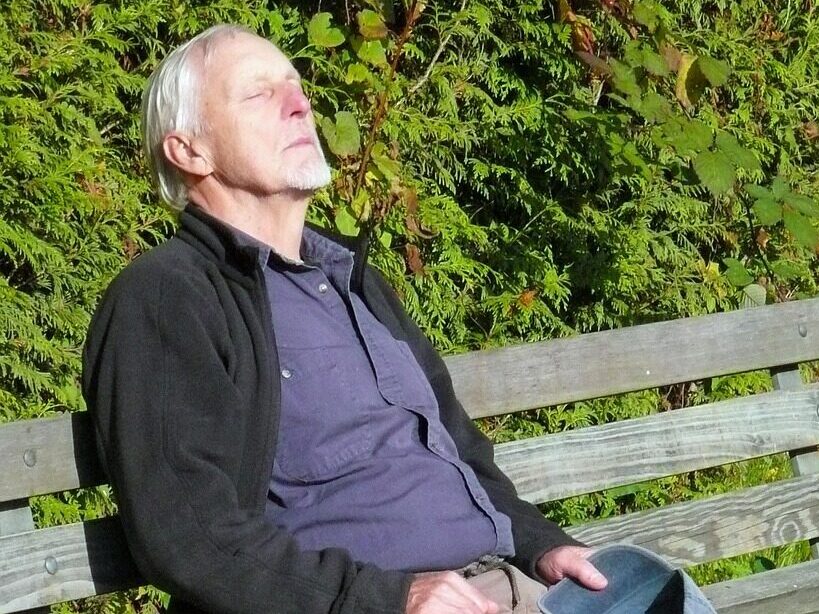
Growing old alone is not something most people imagine for themselves. Yet for many, it becomes a reality, often quietly and without warning. Whether because of circumstance, choice, or unexpected loss, aging without a partner or close family changes how you experience everything. Here are 15 harsh truths about growing old alone that people rarely talk about, but more of us face them as the years go by.
Loneliness Isn’t Just Emotional
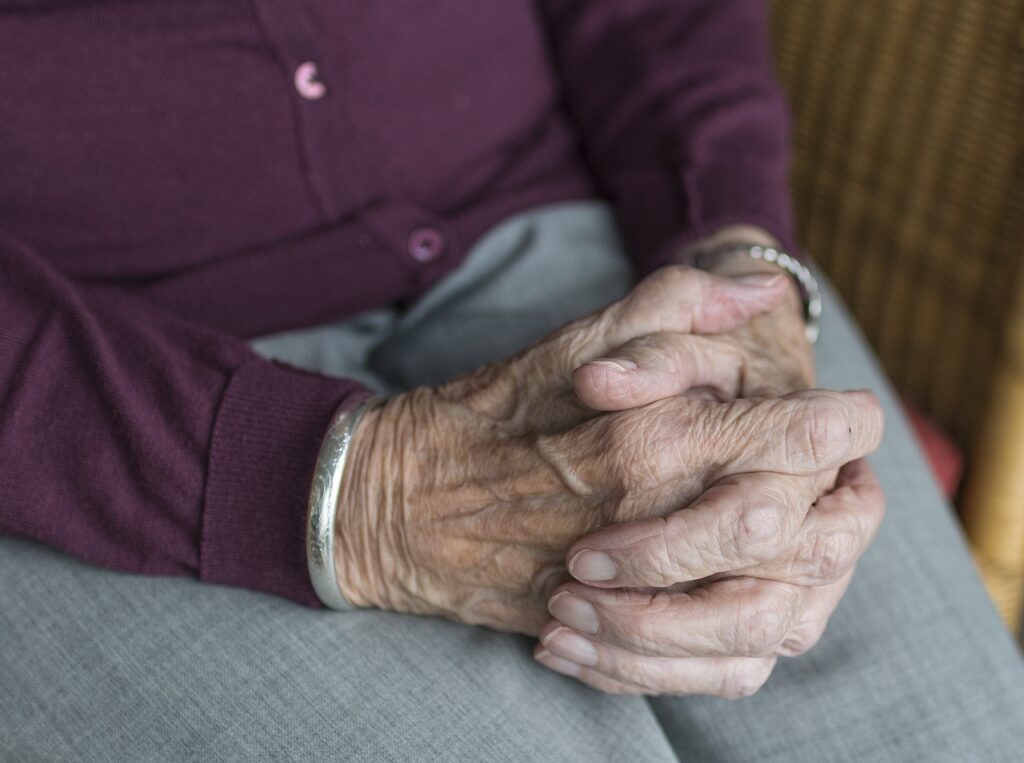
Loneliness does not just stay in your head; it seeps into your body. Research shows that chronic isolation can lead to real physical consequences, including increased risks of heart disease, dementia, and even premature death. The absence of companionship slowly undermines health. Over time, loneliness wears you down physically in ways you may not notice until it feels permanent.
Everyday Tasks Become a Heavy Burden
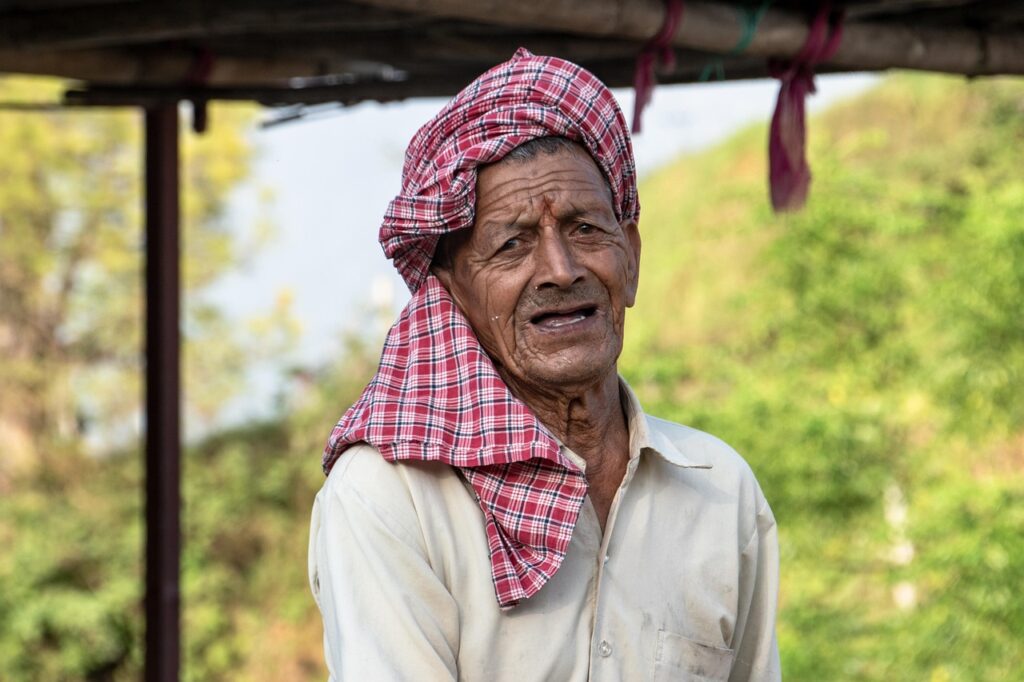
Simple daily tasks that once felt routine become exhausting. Lifting heavy grocery bags, driving across town, fixing small things around the house — these chores slowly become overwhelming when you are the only one to do them. Without someone to share the responsibility, even the simplest actions turn into sources of stress, adding layers of fatigue both physically and mentally.
You Have to Be Your Own Advocate in Every Situation
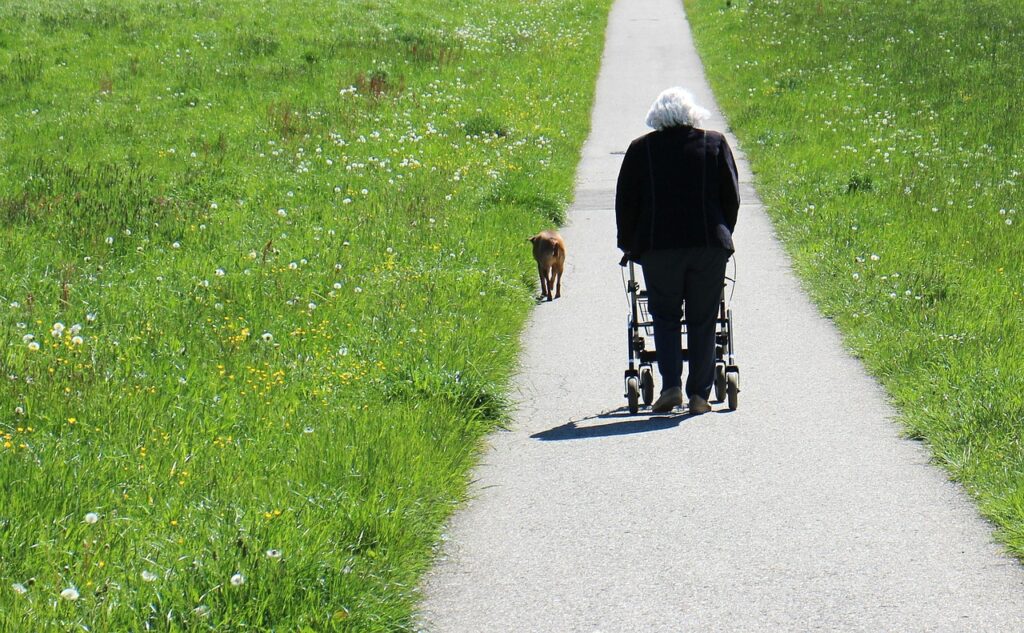
In a world that often overlooks older people, having no one to stand beside you means you must advocate for yourself constantly. Whether it is at the doctor’s office, with legal matters, or even in day-to-day conversations, you have to ensure your voice is heard. This relentless need for self-reliance can be exhausting and isolating, especially when facing unfamiliar or intimidating systems.
Your Social Circle Shrinks Faster Than You Expect
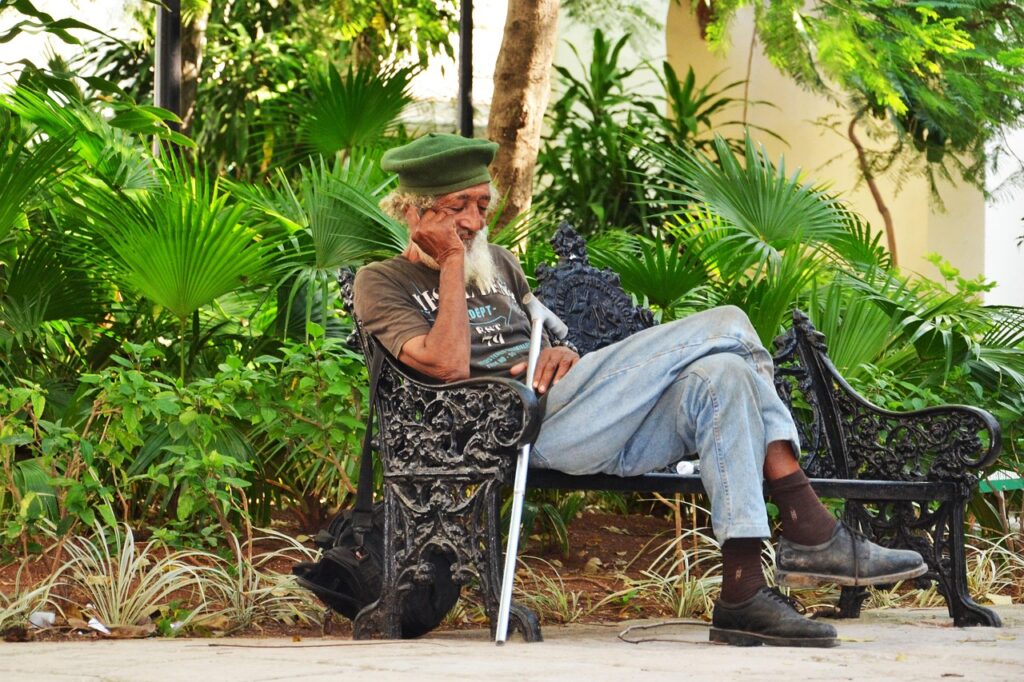
Friends move, drift away, or pass on, and making new friends in later years is not as easy as it was when you were young. The wide social circles of youth narrow over time. Without new connections to replace old ones, loneliness deepens. You may wake up one day and realize that the people who knew you best are gone, and building those strong connections again feels harder than ever.
Holidays Become the Loneliest Days
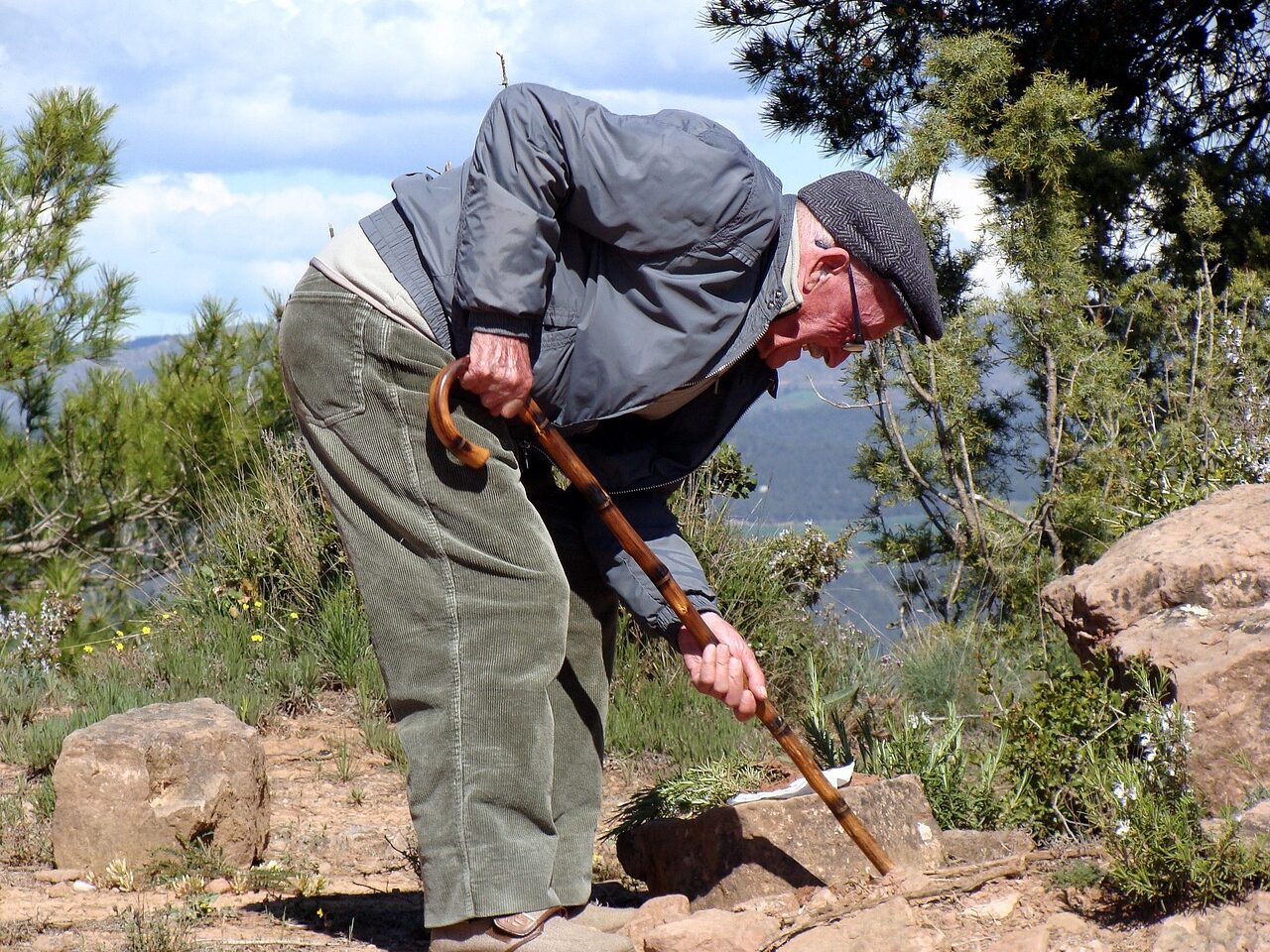
Holidays are designed for family, togetherness, and celebration, but for someone aging alone, they highlight everything that is missing. Empty rooms, quiet kitchens, and unshared meals turn joyful traditions into painful reminders. Instead of comfort, holidays can bring a deep sense of absence that makes the season feel longer and more difficult to endure.
People Assume You Are Fine If You Don’t Speak Up
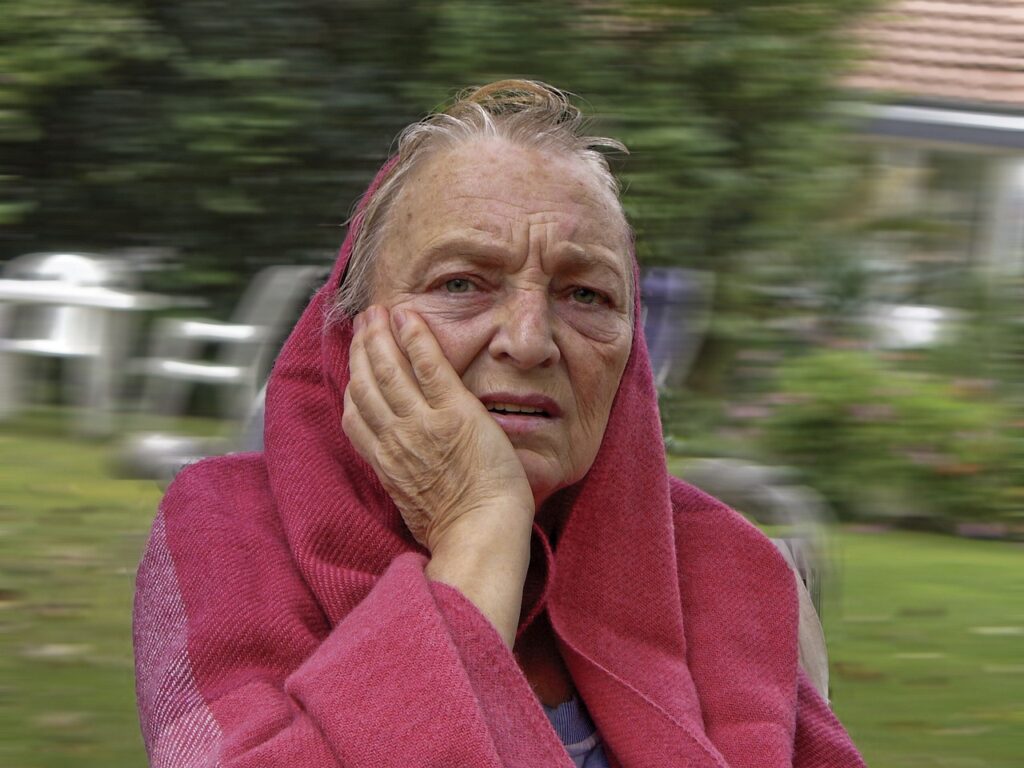
Many older people grow used to handling their problems without complaint, but this silence often leads others to believe there is nothing wrong. The less you say, the less people ask. Over time, the number of offers of help and check-ins has become fewer and fewer. You learn that staying quiet sometimes leads to being overlooked entirely, even when you need support the most.
Grief Becomes a Constant Companion
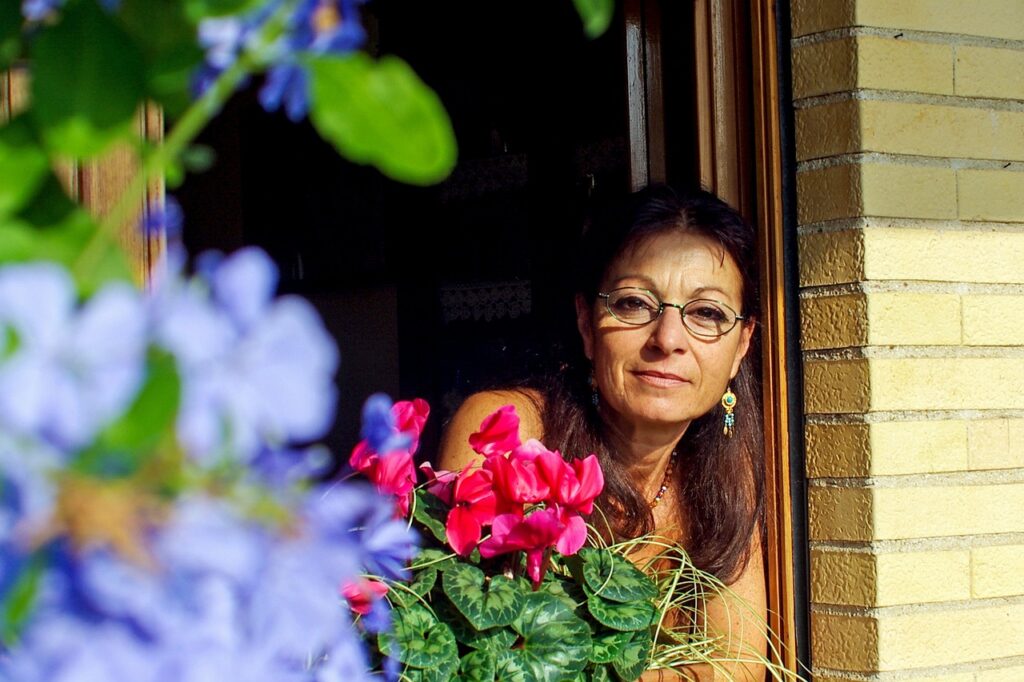
Loss becomes more common with age, not only of loved ones but of places, traditions, and ways of life. Without a close companion to share your grief, the weight of it multiplies. Memories have no one else to live in. Each new loss adds to a growing, quiet sorrow that lingers, even on days that seem otherwise ordinary.
Your Home Can Start to Feel Like a Cage
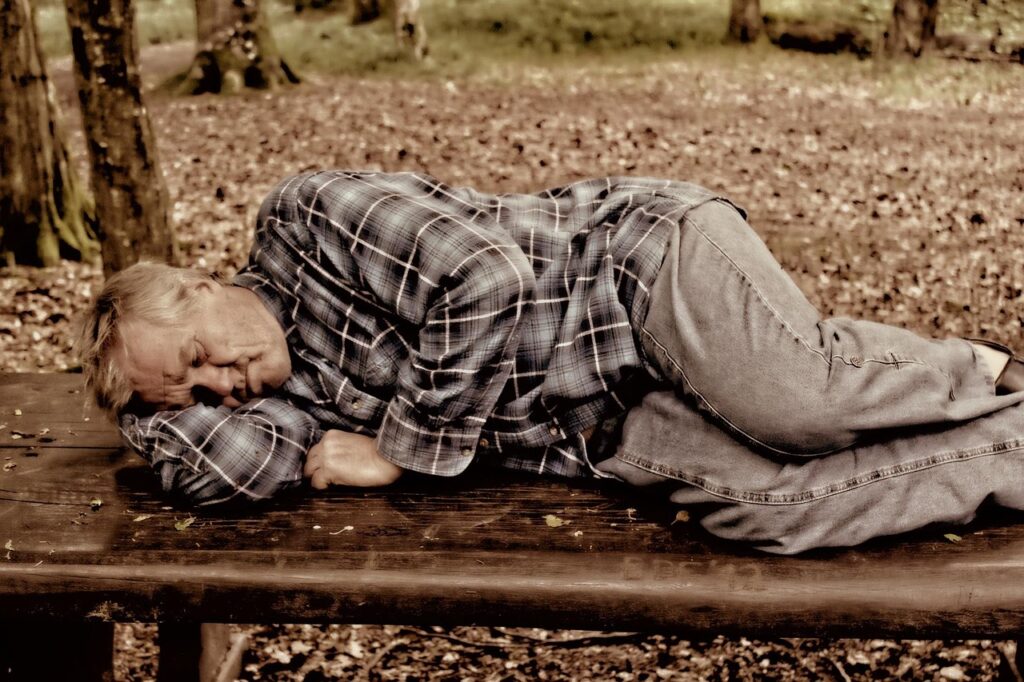
The home that once brought comfort can begin to feel isolating. Without regular outings or someone to encourage you to leave, days blend into each other. The world outside can seem distant and inaccessible. Over time, the walls you once found reassuring may feel like barriers, separating you from the life you once had.
You Worry Constantly About What Happens If You Fall or Get Sick
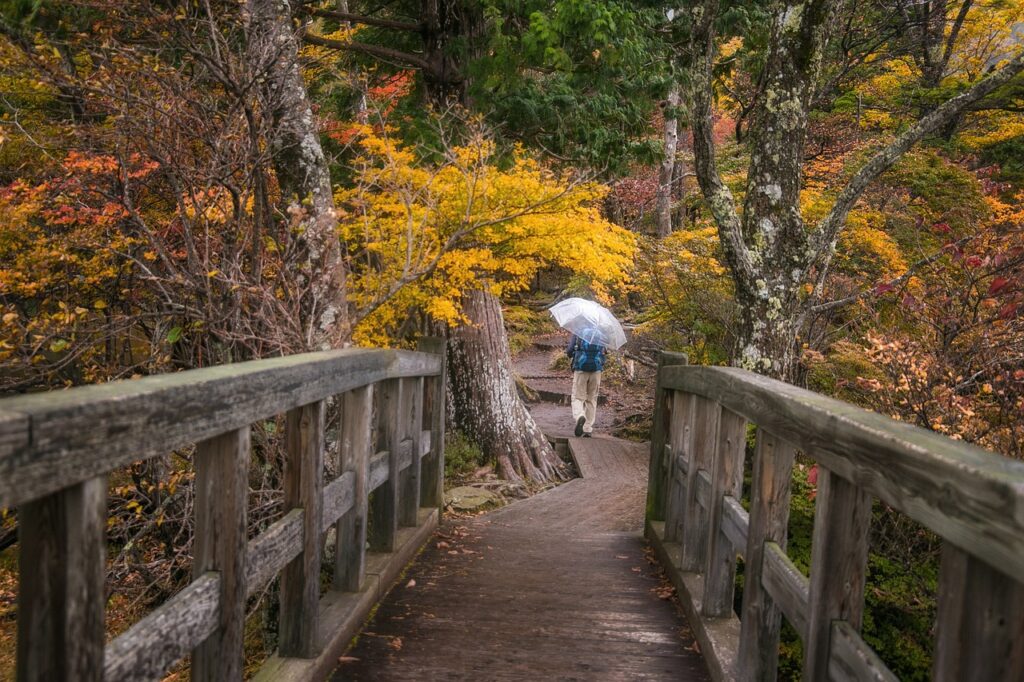
There is a very real, practical fear about health emergencies. You may wonder who would find you if you fell, or who would help if you became suddenly ill. This worry is not imagined; it is an everyday concern for people living alone. It causes many to move cautiously, limit activities, or hesitate to go out for fear of what could happen without immediate assistance.
Every Important Decision Rests Entirely on You
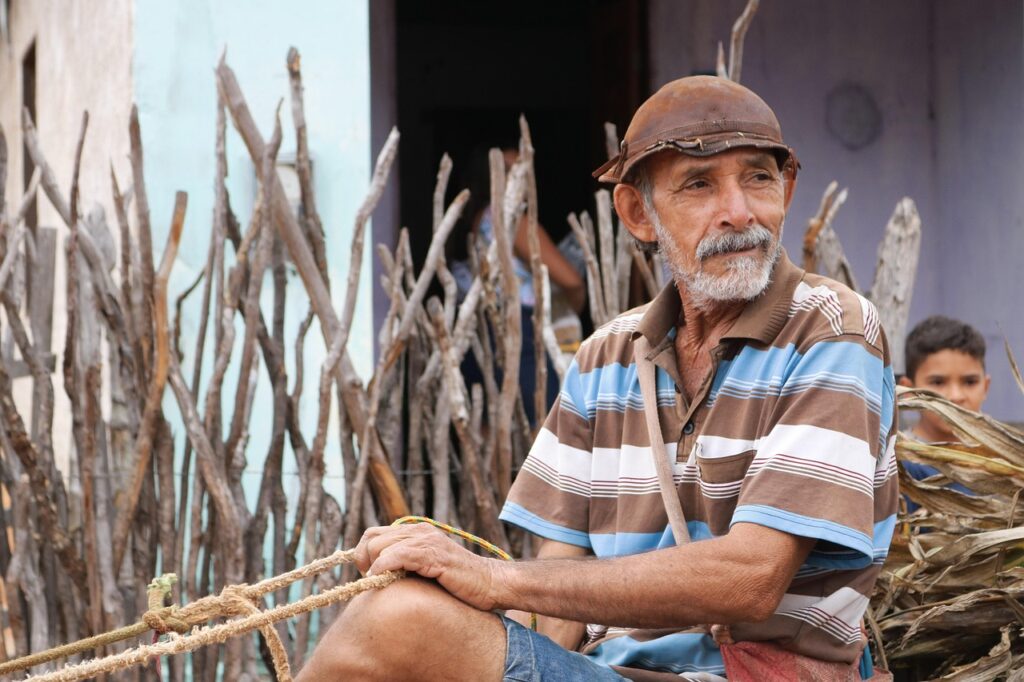
Without a spouse, close sibling, or family member to consult, all major decisions fall to you alone. Medical choices, financial planning, and living arrangements all require your full attention and responsibility. The burden of making decisions without a second opinion can feel overwhelming and deeply isolating, especially when the stakes are high.
Fear of Being Forgotten Is Always Present
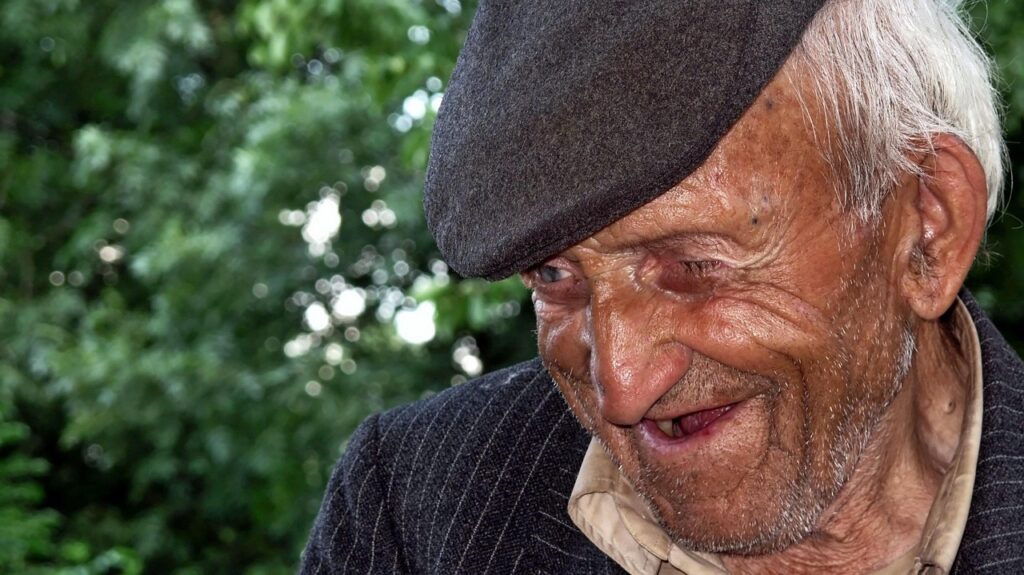
It is not only the fear of dying alone but the fear of being forgotten afterward that weighs heavily. Without close family or a partner, the worry grows that your stories, your memories, and even your existence will fade away unnoticed. The idea of being forgotten entirely lingers in the background, unspoken but powerful.
Asking for Help Feels Like Losing Independence
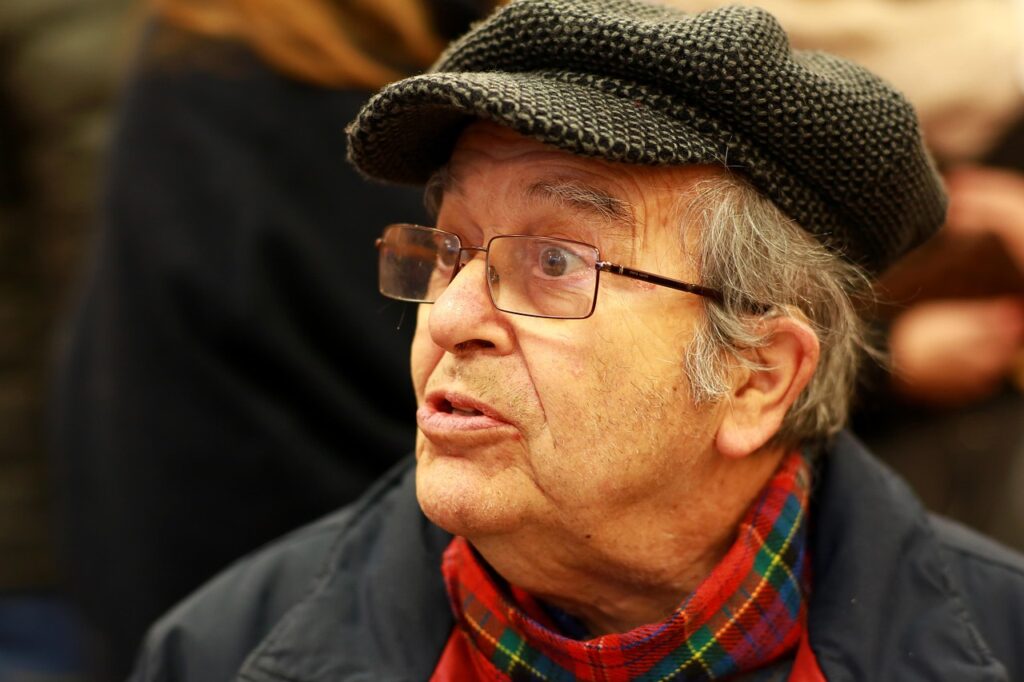
Many older adults pride themselves on their independence, so asking for help can feel like admitting failure. It becomes a painful internal struggle between needing assistance and wanting to remain self-sufficient. Over time, this resistance can lead to increased isolation, even when help is readily available.
You Become More Aware of Your Mortality
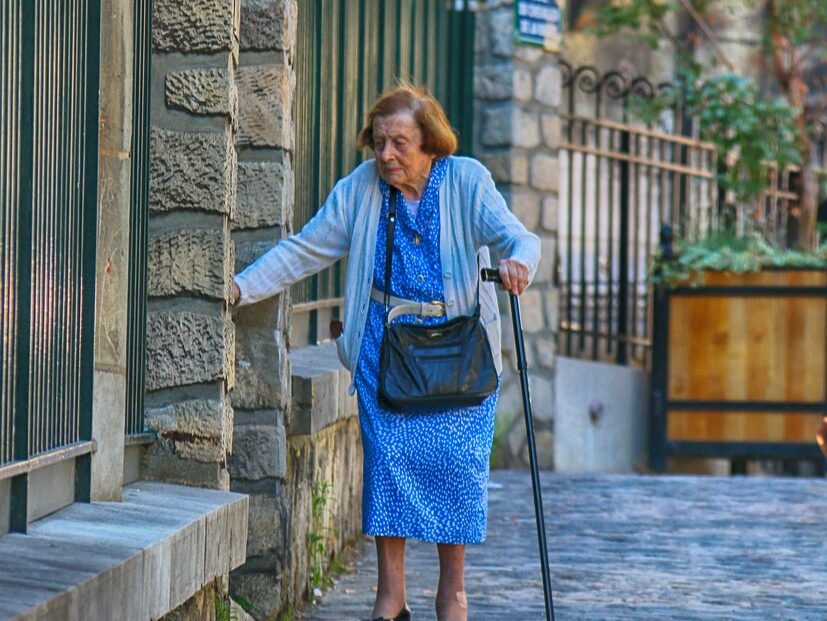
When you are alone, there is less distraction from the passage of time. Quiet days, birthdays spent alone, and seasons changing without shared experiences all heighten your awareness that life is finite. Mortality is no longer an abstract concept. It becomes part of your daily reality, coloring even small moments with a sense of impermanence.
Planning for Emergencies Becomes a Constant Source of Anxiety
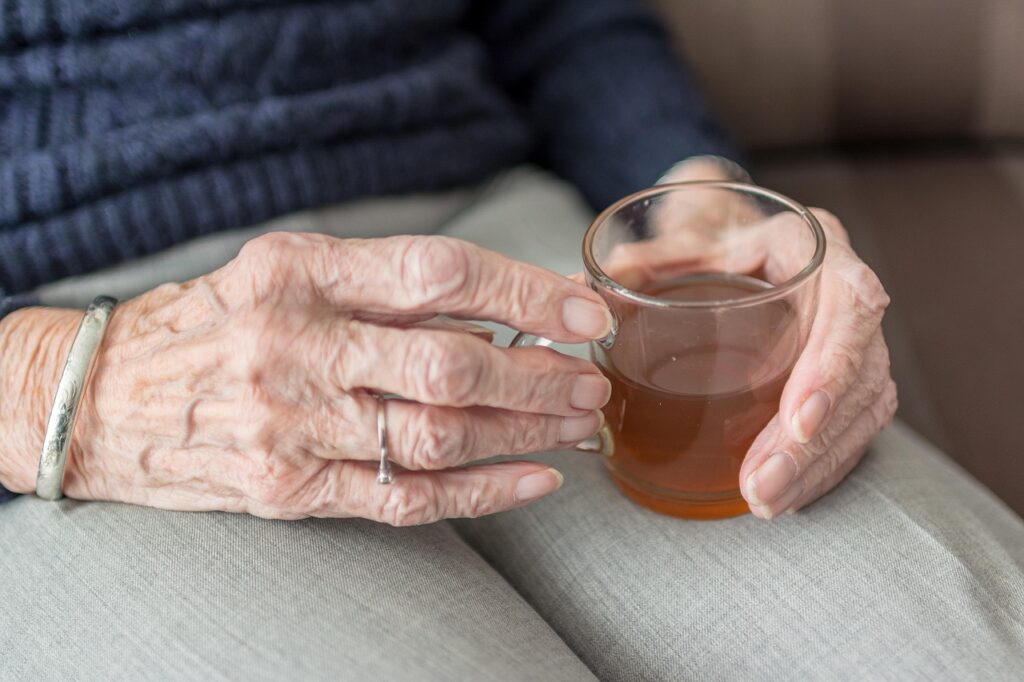
Emergency plans are necessary, but they never fully erase the anxiety of being alone during a crisis. Even with systems like medical alert devices and regular check-ins, there is always the thought of what might happen if something goes wrong and no one is there. The mental burden of preparing for worst-case scenarios never truly disappears.
You Can Be Surrounded by People and Still Feel Completely Alone
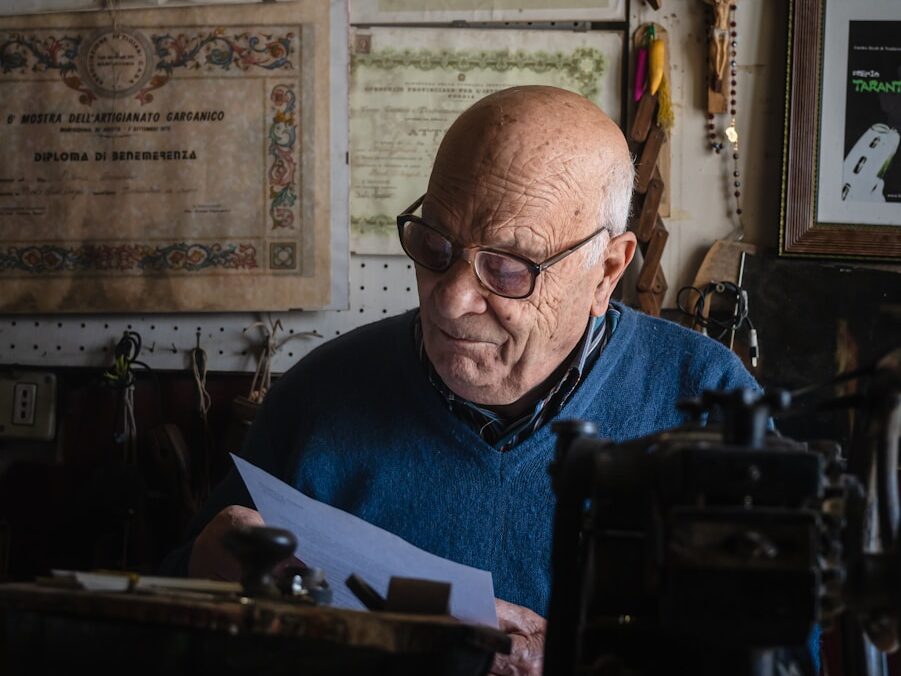
Physical presence does not always equate to connection. You can be in a crowded room, have polite conversations, and still feel profoundly alone. True companionship — someone who knows your history, your fears, and your hopes, becomes rarer with time. Without it, even the most social settings can feel hollow and isolating.

